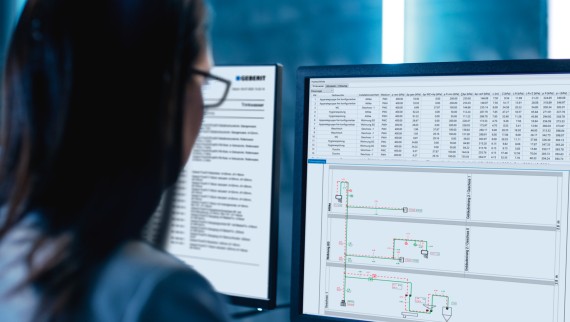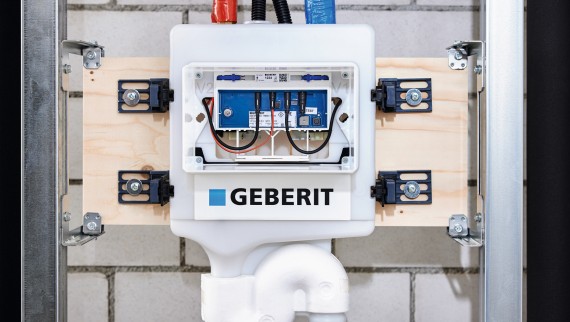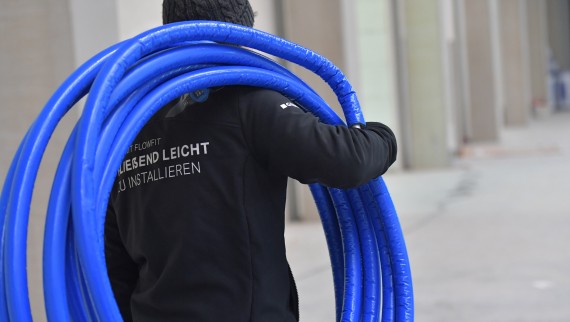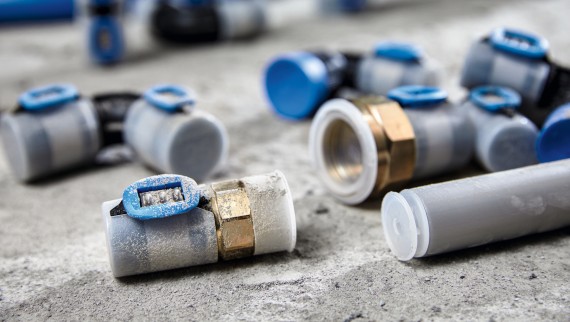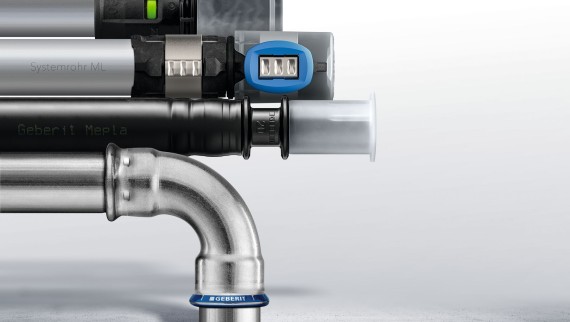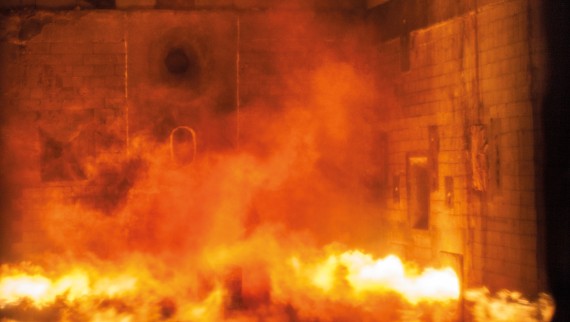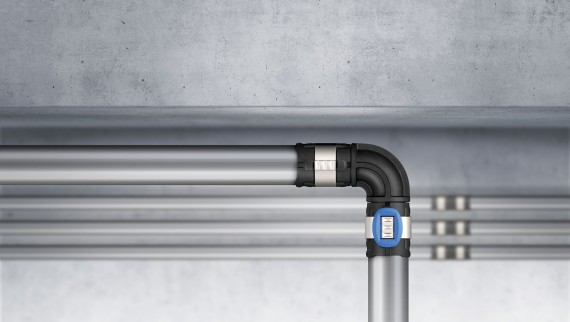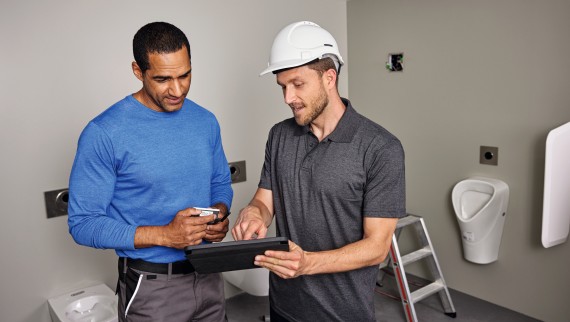Drinking water hygiene with Geberit Safely prevent stagnation
Drinking water is subject to the strictest food safety regulations. Water suppliers continuously monitor it for chemical, microbiological and other indicator parameters, such as odour and turbidity.
Nevertheless, drinking water is not sterile; it contains microorganisms that form biofilms. In normal conditions, these biofilms do not pose a problem or affect the quality of the drinking water. A balanced ecosystem may actually improve water quality; however, biofilms can also form a breeding ground for germs that are hazardous to health.
Geberit supports professionals with expertise and the right products to help them design, operate and maintain drinking water systems correctly.
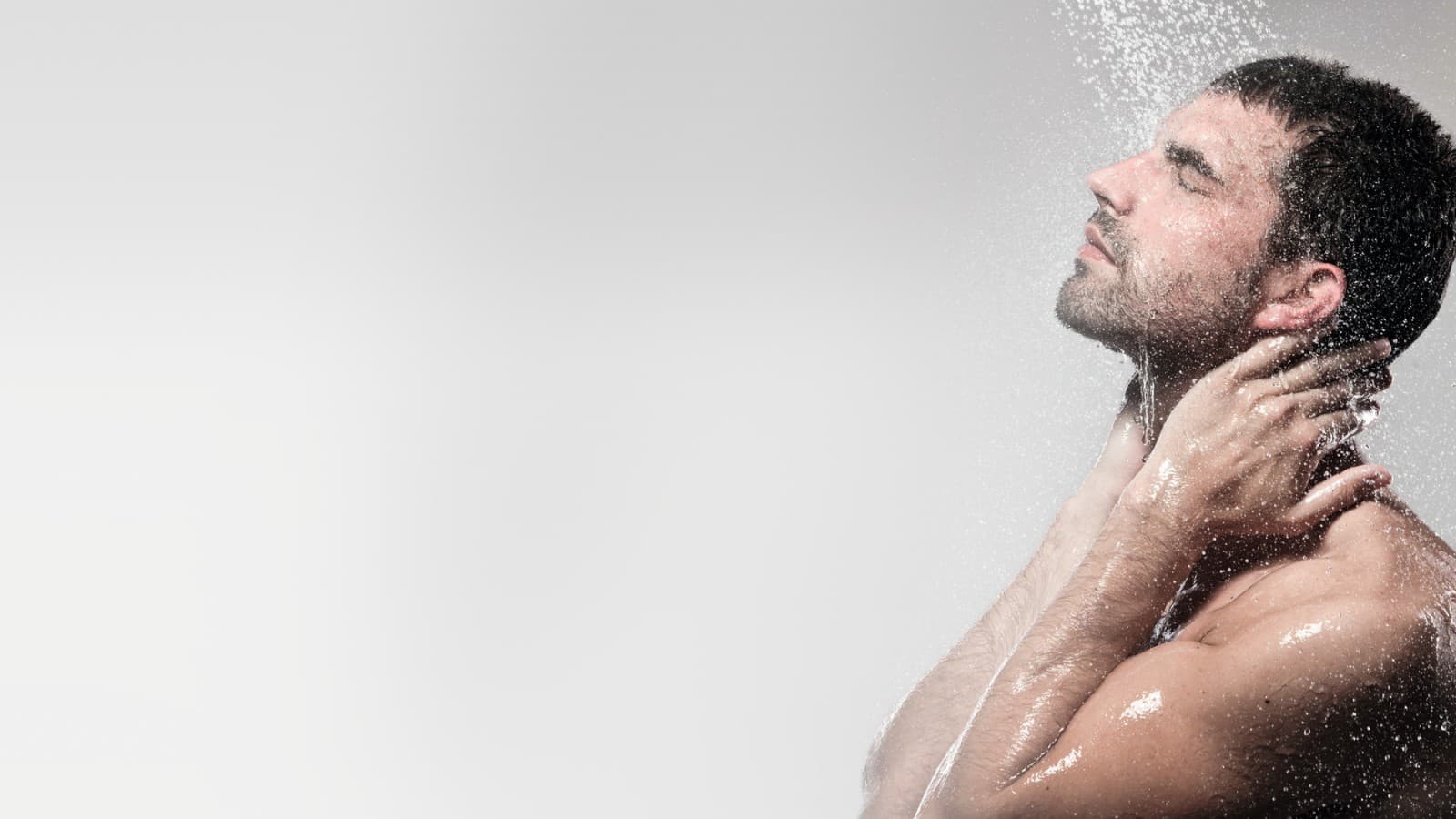
Health risks posed by legionella and pseudomonas
Bacteria multiply in drinking water systems when they find ideal conditions: the right nutrients, the right temperature and the right amount of time. If cold water warms up or is left to stagnate for extended periods of time, bacteria can breed and disrupt the natural balance of the microorganisms in the water. The main protagonists among water-borne, potentially infectious bacteria are Legionella pneumophila and Pseudomonas aeruginosa.
Legionella can cause infection when inhaled. This can happen anywhere that polluted water droplets enter the air as aerosols; for instance, under the shower or on taps. This poses a number of health risks – particularly for vulnerable people.
Pseudomonas infections can lead to pneumonia, wound infections and urinary tract infections. In severe cases, they can even result in sepsis. Hospital patients, elderly people and infants are particularly at risk of infection.
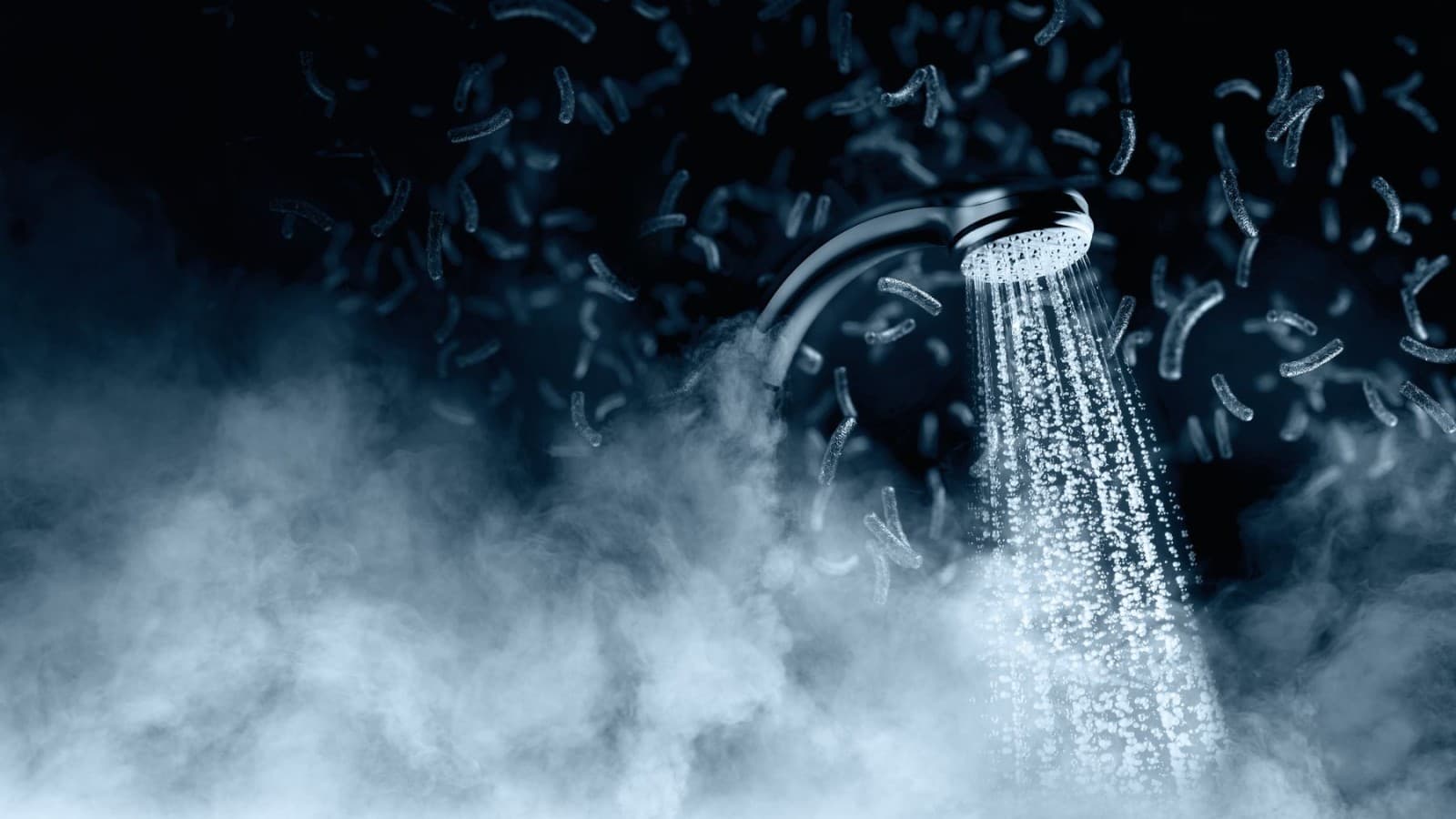
Study: How legionella multiply
Working on behalf of Geberit, Prof. Dr. Hubert Hilbi and his research team at the University of Zurich systematically investigated legionella growth.
Their findings:
Legionella multiply more rapidly as temperatures rise, up to a maximum point. At 40°C, legionella double around three times more frequently per time unit than at 25°C. Instead of doubling twice from 1 to 4 at 25°C, the legionella double six times from 1 to 64 at 40°C.
The temperature-dependent flush interval
Based on the measured multiplication rates, a temperature-dependent flush interval can be calculated (blue dashed curve).
In accordance with VDI 6023-1, it is assumed that a flush interval of 72 h (Point 1) is sufficient at 25°C.
For higher temperatures, the flush interval is adjusted so that legionella multiply at the same rate within this time. For example, at 29°C, the recommended flushing interval is 46 hours (Point 2). This approach helps minimise the risk of bacterial contamination when cold water temperatures exceed the recommended threshold.
A DVGW research report also states that brief temperature increases above 25°C do not immediately result in high legionella concentrations.
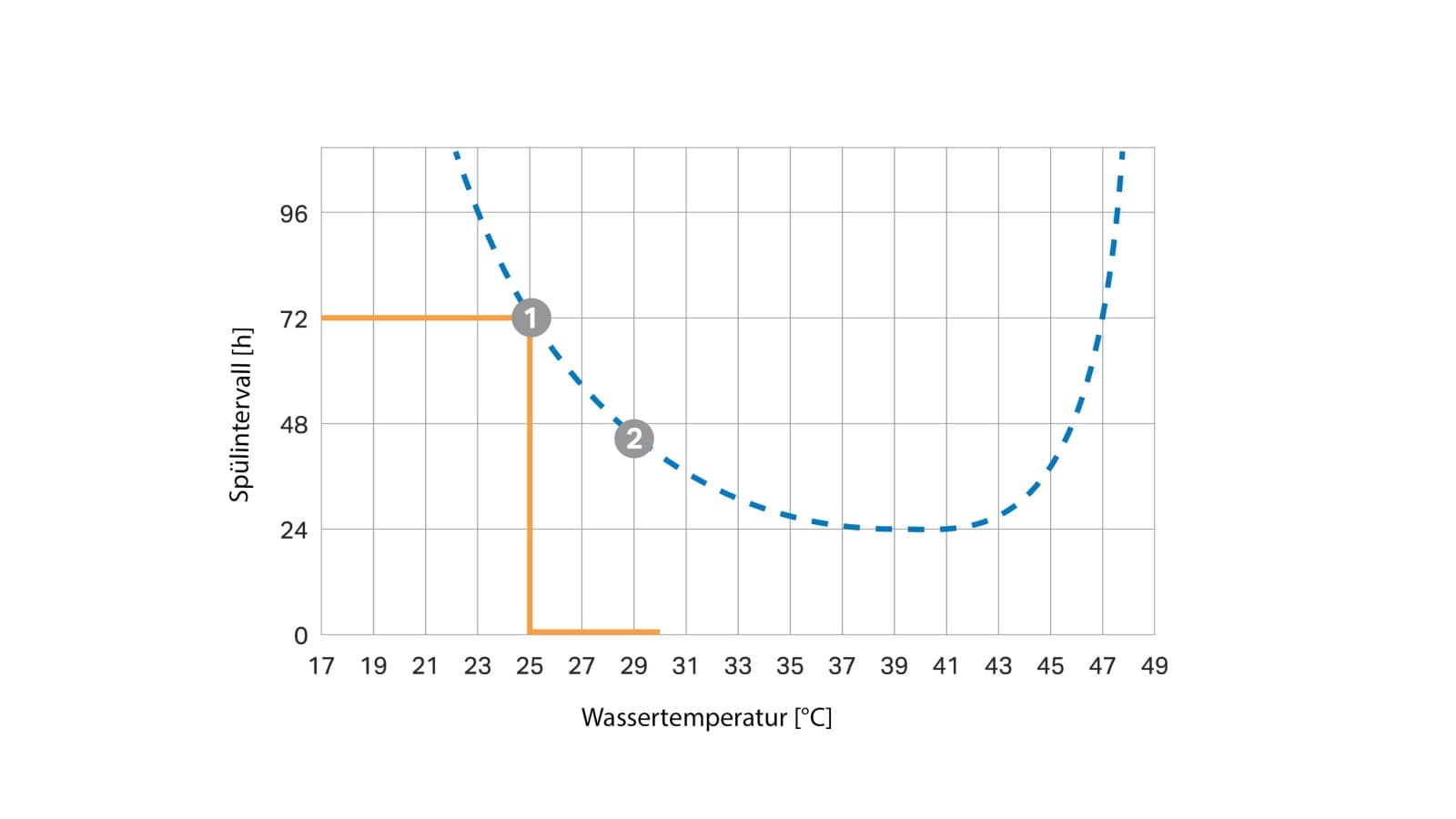
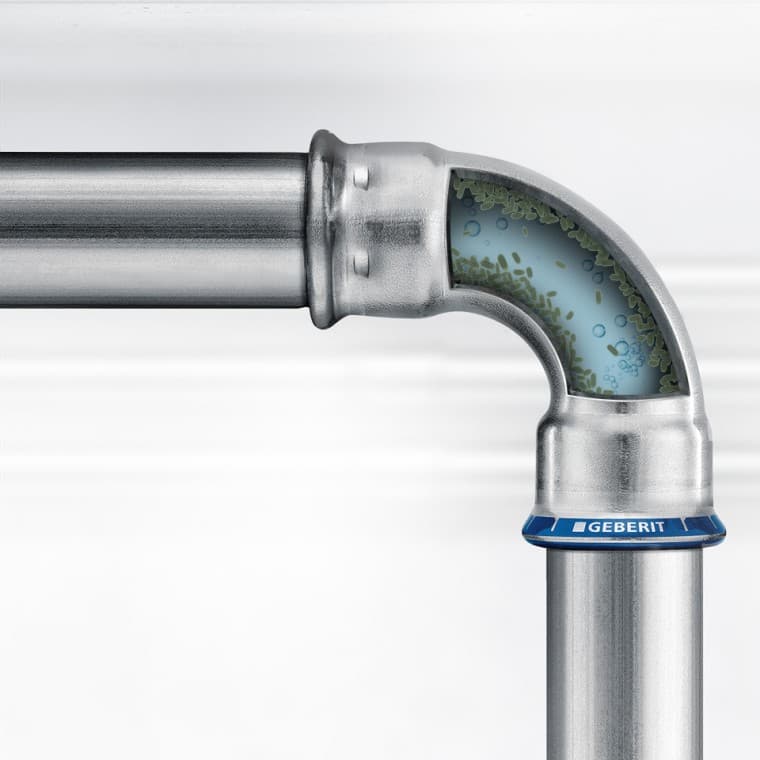
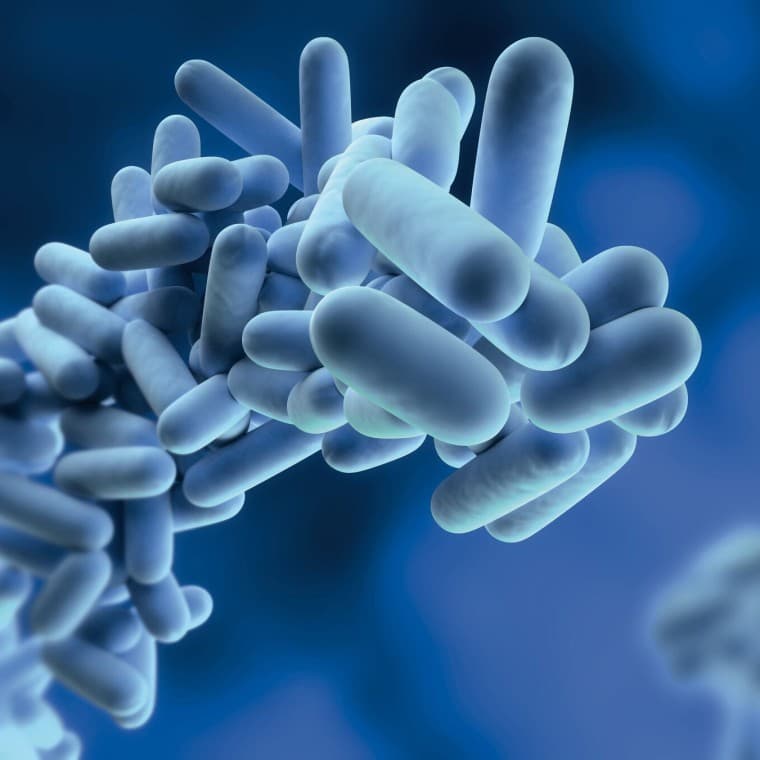
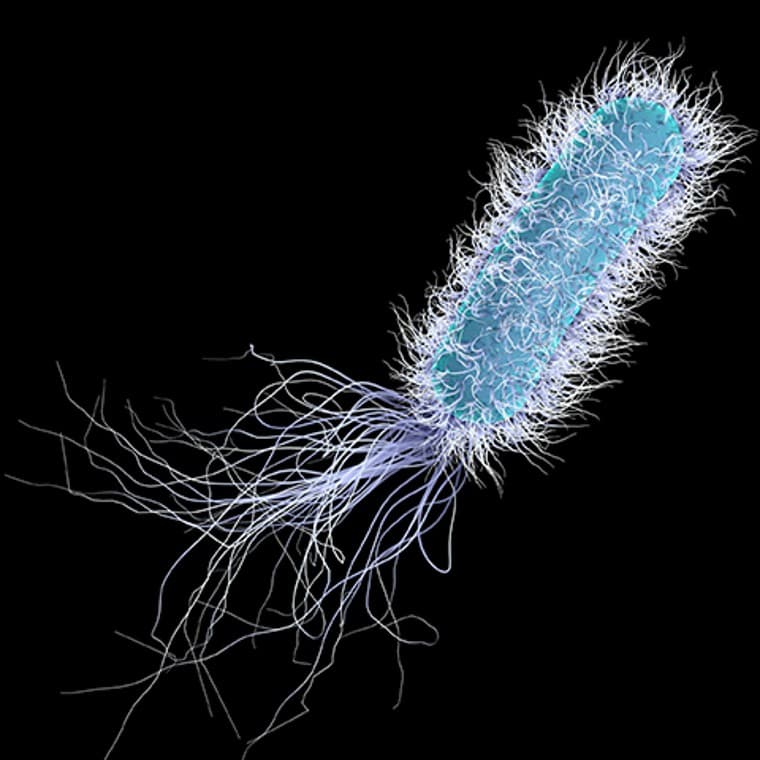
Measures to maintain drinking water quality Tips for professionals
Optimum drinking water hygiene with Geberit A simple guide
Ensuring consistently high drinking water quality throughout a building is essential. This can be achieved by following these essential steps:
- Proper planning of the drinking water installation
- Professional installation
- Sustainable and correct operation of sanitary installations
Every last component in the drinking water systems from Geberit meets the highest hygiene standards for safe drinking water. Geberit technical advisors also support plumbers and other professionals with expert knowledge on drinking water hygiene.
Strict drinking water regulations Meeting national and European requirements
While water suppliers ensure that drinking water reaches the water service connection in a high-quality and safe condition, responsibility for maintaining water quality within the plumbing system lies with the building operator.
Regulations for the UK are derived from European Directive (EU) 2020/2184.
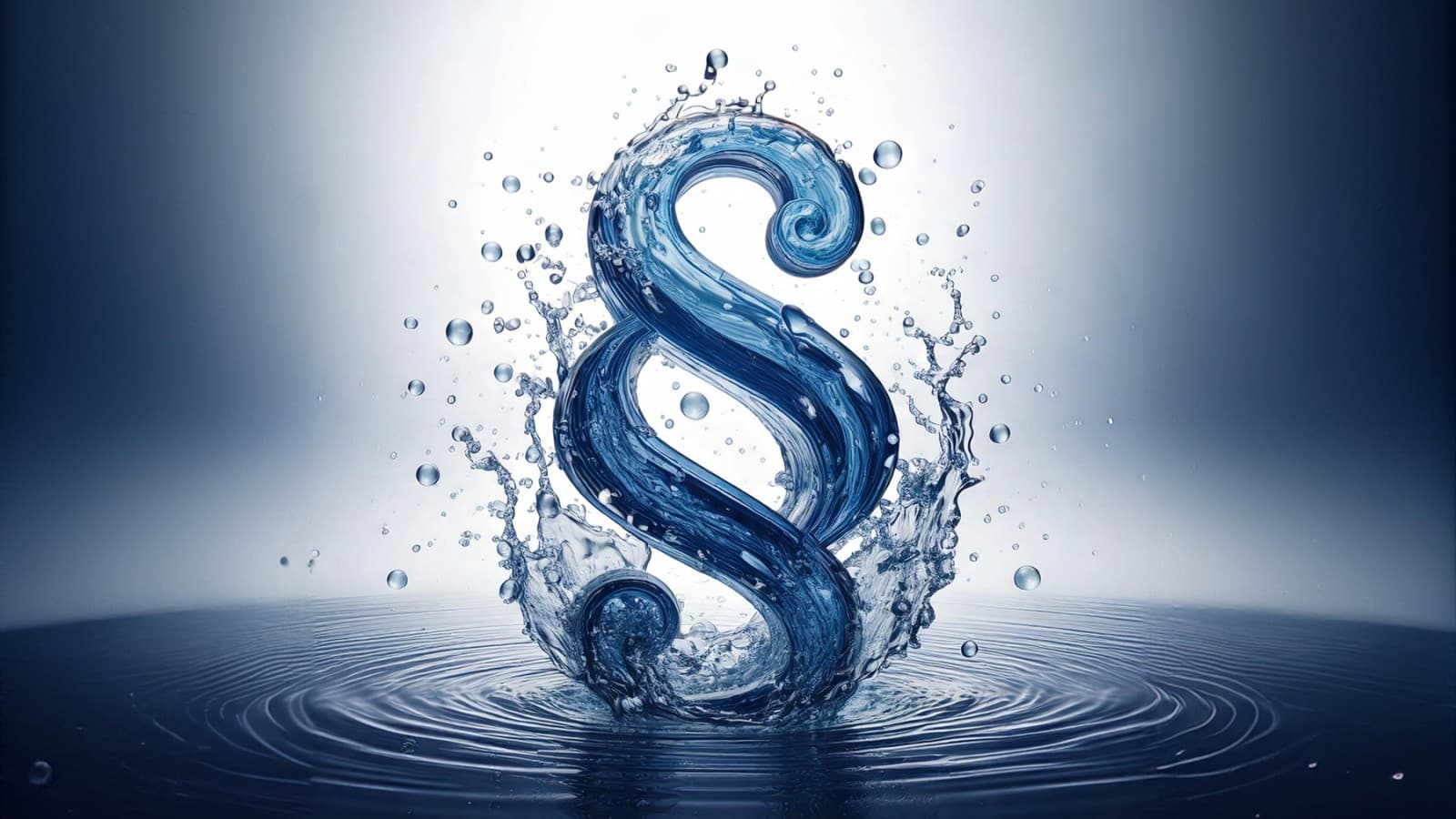
Do you have any questions? We are happy to help you.
Our specialists advise planners, plumbers and other professionals on their projects. They will be happy to advise you on how to best master your current challenges with our products.
